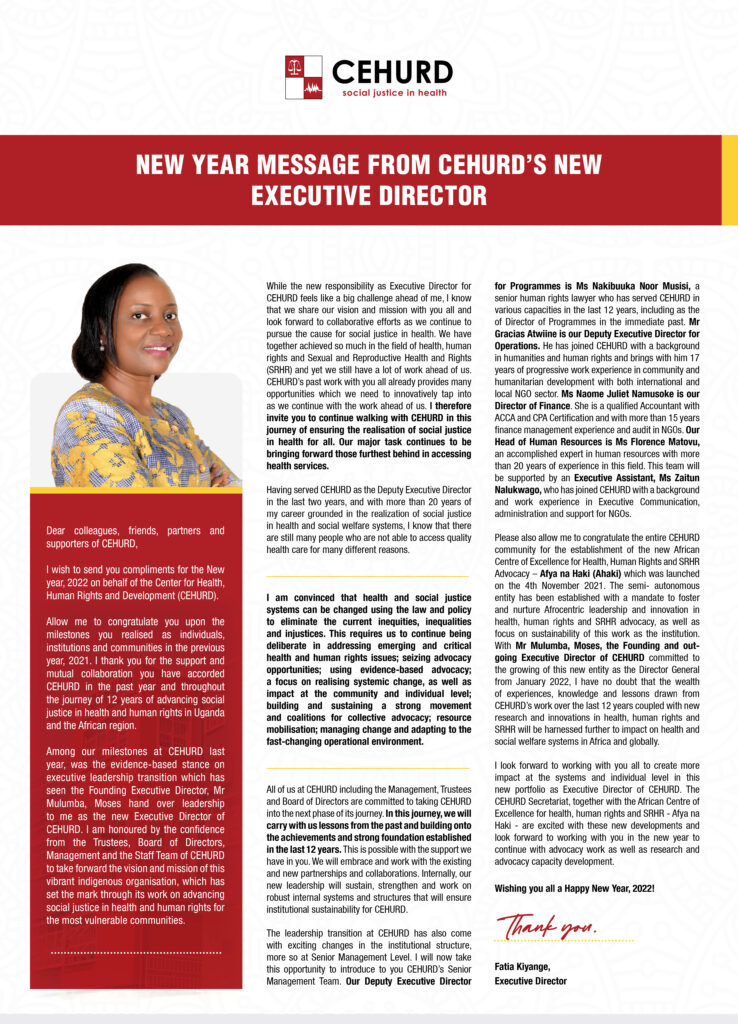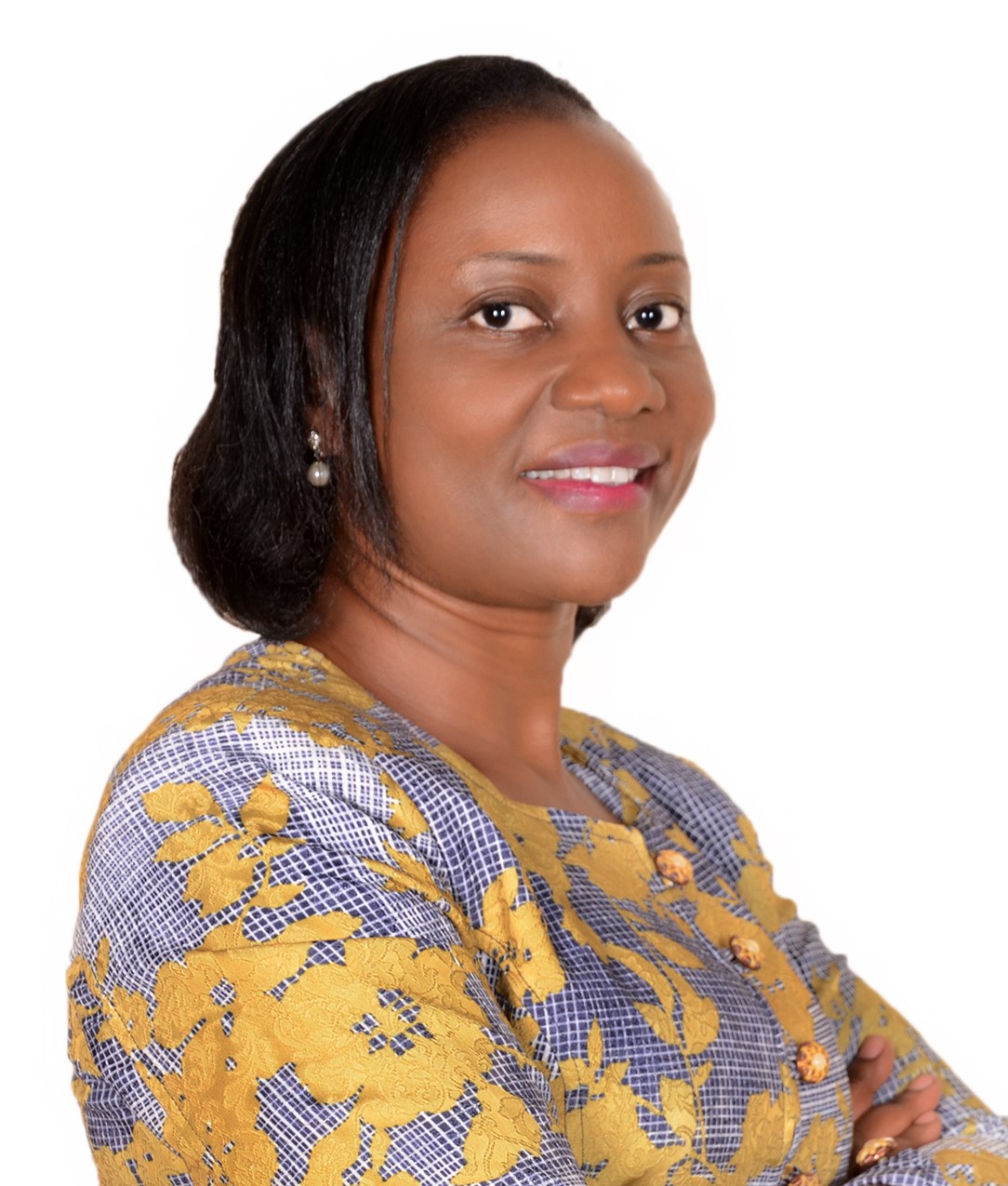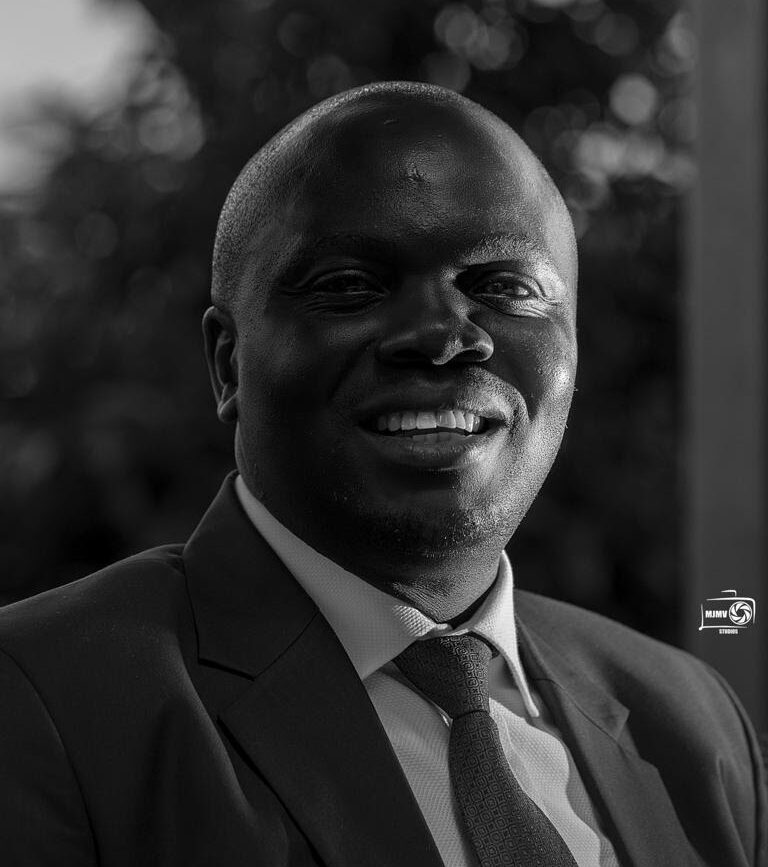




The theme of this year’s World Day of Social Justice is “Achieving Social Justice Through Formal Employment.” However, formal employment is not even enough to aid the end of social injustice, it should rather be gainful employment. Our mothers and sisters still languish on hospital beds and hospital floors simply because they cannot afford to buy Panadol later alone pay for obstetric services. Social justice is a key driver of social development, you and I are part of the wagon where we may be victims anytime.
Victor Ntamugabumwe
“We hold these truths to be self-evident, that all men are created equal, that they are endowed with their creator with certain unalienable rights, that among these are life, liberty, and the pursuit of happiness.” The US Declaration of Independence. The above statement is what truly embodies or fore-runs what humanity is and envisages a world we would all love to live in. The theme of this year’s World Day of Social Justice is, ‘Achieving Social Justice Through Formal Employment.’’
This day is a global observance that certain principles underly the peaceful and prosperous coexistence within and among us. This includes enjoyment of the highest attainable standard of health in our society. Social Justice is the view that everyone deserves equal economic, political, and social rights and opportunities. That this should not be discriminatory based on economic or political will. That for instance, goods and services in health should be available and accessible to all of us. This does hold us (with the government stakeholders) in obligation to ensure that this is the reality. Therefore, this is the day for reflection on the times there has been social injustice in our society whether meted out individually or collectively. These injustices are among other things, unavailability of social goods and services, sexual and gender-based violence. This is a day of reflection on what we as a people have done collectively or individually to end this societal injustice. All of us cross paths with the victims of such injustice, these may be our family members, friends, relatives, or even colleagues we meet daily.
You and i are the beginning point to end social injustice. The government and its stakeholders are accountable to us as individuals and to all of us collectively. What are some of those things that you can do to join the fight to end social injustice? Firstly, you have to accept that there is social injustice in our society. Secondly, you are part of the wagon where you may be the victim anytime. Then that you can cause a progressive change in your social circles for a fairer and more peaceful world. This will include hunger for access, free flow and dissemination of information on social justice. Teaching and having a progressive discussion as far as social justice is concerned.
The theme for the day is “Achieving Social Justice Through Formal Employment.” However, formal employment is not even enough to aid the end of social injustice, it should rather be gainful employment. Our mothers and sisters still languish on hospital beds and hospital floors simply because they cannot afford to buy Panadol later alone pay for obstetric services. We had catastrophes during the recent scourge of covid-19 where oxygen and ventilators were expensive to the extent that they would cost a life. The doctors in private practice charge to empty us of every nickel we have when we visit their health facilities for medical assistance. This is but to avoid the rude tones and sarcastic comments from some nurses and doctors when we express the lack of resources or health insurance as we plead before them to save our lives.
Here is for context, the largest number of Ugandans is either unemployed or employed in the informal sector. These obviously do not have access to full employment benefits such as health insurance. Many of those that are employed are only remunerated to survive and these too do not have access to gainful employment benefits such as health insurance. A friend of mine often remarks that Uganda’s population is a miserable one from top to bottom that is susceptible and one illness whether terminal or not away from pure poverty. Advocating for Gainful employment is one way to address this issue, concepts such as the minimum wage and National Health Insurance should be taken into consideration. It is so sad and this is not a reality in Uganda. Creation of policy or a legal framework that encompasses this would go a long way in ensuring that all Ugandans have access to health insurance and that the health facilities that we end up seeking emergency services are actually capable to deliver these services without doctors and nurses looking at us with scornful eyes for our lack of resources. Social Injustice in relation to health is very impactful on the social and welfare development of any society. Ending such in our society should be a dream all of us should dream while we dare to dream.
Imagine a world where social injustice is a thing forgotten. Where there is no sexual and gender-based violence, where our mothers and sisters walk into a health facility and are welcomed with open hands. Would that world not be a beautiful one? I think such a world would not only be perfect but would as well be prosperous; social justice is a key driver of social development. That world would be such a world that we would all love and envy to live in. Be true to yourself and join the fight against social injustice.
Therefore, as we live this day today – let us be reflective on this day and what the day calls us to do; to acknowledge the presence of social injustice and strategize ways to end the same. To understand that, unlike the legal remedies. The remedies to social injustice are within us as a society. That we are the ones who determine the status of social justice and that with an individual and collective effort the same would end.
The writer is an Intern at the Center for Health, Health Rights and Development (CEHURD).


We continue to resound that health workers must operate in a safe environment without fear of being arrested, intimidated or harassed as they provide Sexual and Reproductive Health Rights services. In turn, women should be able to seek care knowing that they will not suffer stigma or be denied service.
CEHURD
On 1st February 2022, the Chief Magistrate of Lugazi Court dismissed the case of Uganda vs Fredrick K (Criminal Case No.56 of 2020) for want of prosecution.
Mr Fredrick K, a senior clinical officer from Buikwe District was arrested after saving a life – providing a post abortion care service. Two years later, CEHURD, and the Legal Support Network have worked to ensure that he is freed.
We continue to resound that health workers must operate in a safe environment without fear of being arrested, intimidated or harassed as they provide SRHR services. In turn, women should be able to seek care knowing that they will not suffer stigma or be denied service.
Restricted environment and the misinterpretation of abortion laws restrains health workers from providing post abortion care services for fear of arrest which in turn has led to the inability of women to access the services.
With unsafe abortions contributing to the high maternal mortality rate in Uganda (according to the UDHS 2016), there is need to address the underlying factors that drive these deaths ie the restrictive legal and policy environment, misinterpretation of the law due to inadequate knowledge among others.
Story;
In November 2019, Mr Fredrick K, a senior clinical officer at Mukisa Medical Clinic was approached by a patient who had carried out an abortion in Buikwe District. She was in critical condition. Mr Fredrick K was able to provide Post-Abortion Care to her and thereafter referred her to Lugazi Referral Hospital for an abdominal scan. A few days later, the patient returned to his facility for further therapy. On finding that she had not had the scan as he had recommended, Mr Fredrick referred her back to the hospital.
On April 6, 2020, police officers from Lugazi Central Police Station arrested Mr Fredrick on accusations of having carried out an abortion on the teenager girl, which is a criminal offence under sections 141 and 143 of the Penal Code Act. The Ugandan Constitution does not explicitly prohibit abortion.
On May 11, 2020, the Legal Support Network applied for bail for Mr Fredrick, basing on the standards and guidelines by the Ministry of Health that permit health workers to provide Post-Abortion Care.
A CEHURD compilation.